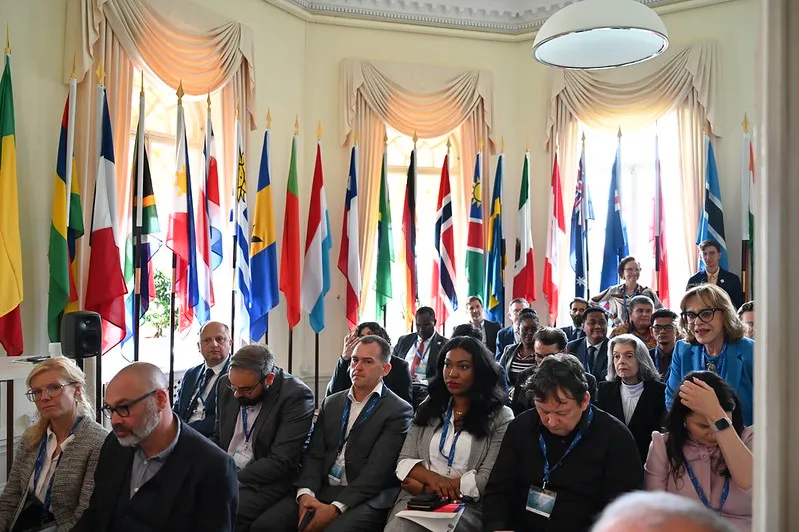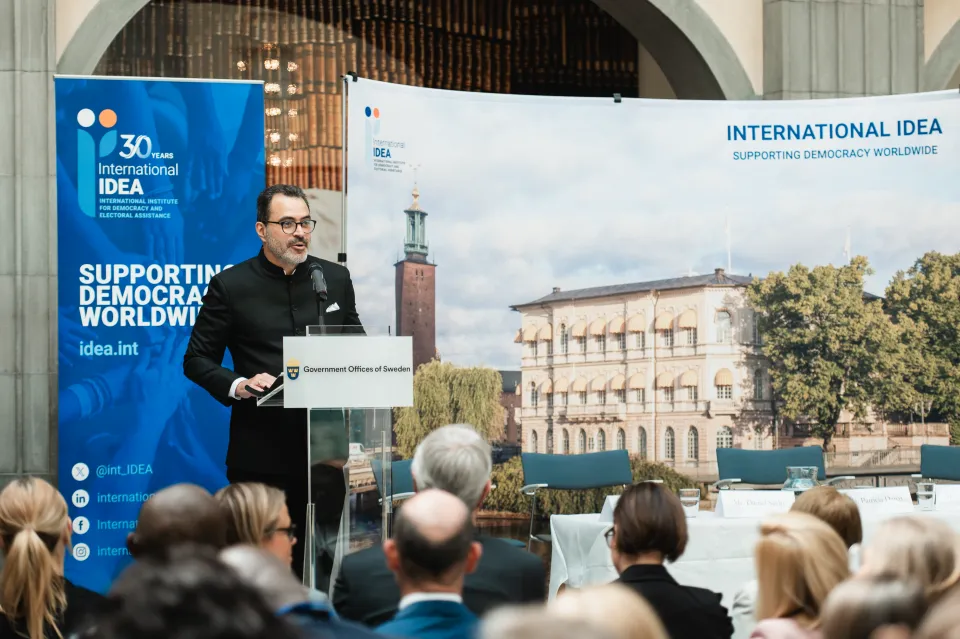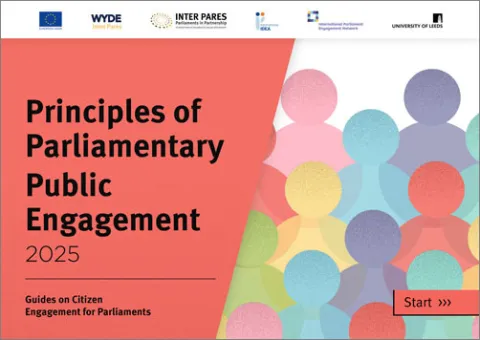International IDEA’s Asia and the Pacific program and the Applied Democracy Lab (ADL) at the University of Dhaka will implement the Youth Democracy Academy to selected Dhaka-based students through online learning and dialogues. This joint activity aims to enhance knowledge about democracy and provide space for students to discuss their country’s current political landscape.
Search
Region
Country
Type
This discussion paper is a result of the work performed at the Democracy in South Asia Outlook Forum in Colombo, Sri Lanka, on 28–30 November 2024, convened by International IDEA and the Centre for Policy Alternatives (CPA). The forum brought together a multidisciplinary group of experts from Bangladesh, Bhutan, India, the Maldives, Nepal, Pakistan and Sri Lanka.
This case study explores Bangladesh’s migration trends, highlighting its status as the sixth-largest source of international migrants in 2020 and underscoring the significant impact of migratory movements on the nation.
Legislatures are vital institutions at the heart of any democracy. They not only enact laws and approve budgets, but also act as representative and deliberative assemblies, and as bodies that scrutinize and oversee the actions of the executive. In order to perform these functions effectively, legislatures need to be organized, in terms of their internal leadership, their committee structures, and the rules by which they transact public business.
With nearly 2 billion voters expected to head to the polls, 2024 has been dubbed a ‘super election year’. In fact, over the next 12 months, more than 70 countries will head to a presidential, legislative, or subnational election. Among them are seven out of ten of the world’s most populous countries, including India, the United States, Indonesia, Pakistan, Russia, and Mexico. Similarly, in South Asia, five out of its eight countries have held/are also planning to hold elections in 2024.


